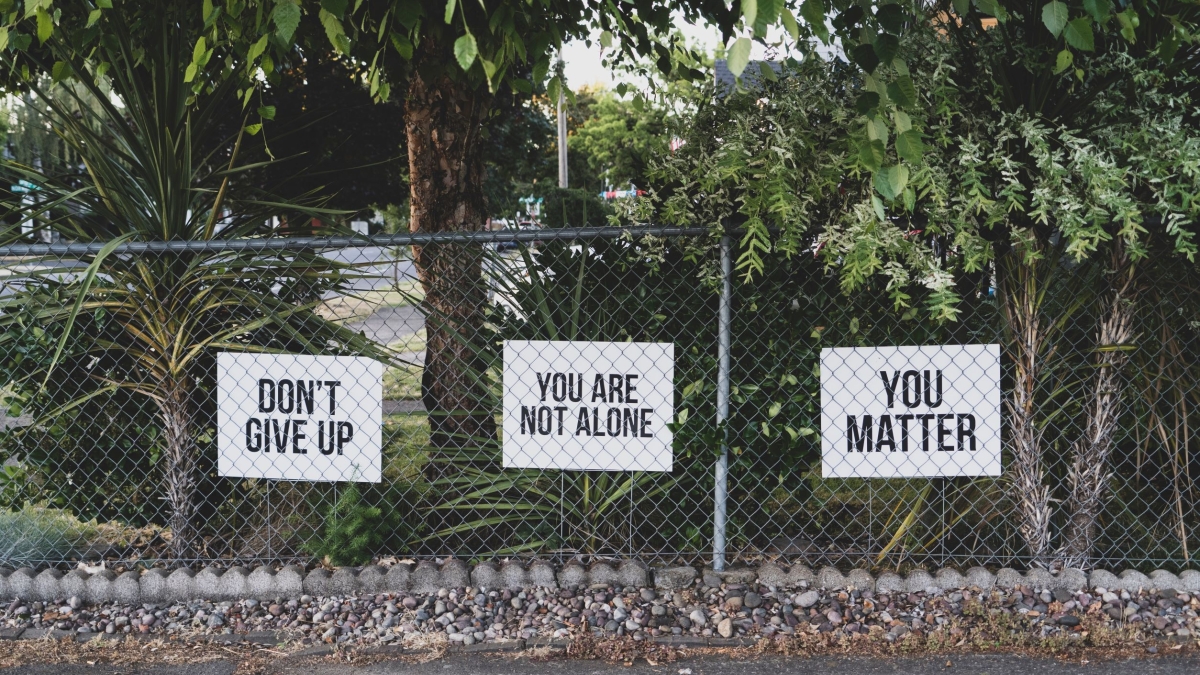Study: More than 1 in 4 Arizona suicides involved an intimate partner problem

Photo by Dan Meyers/Unsplash
More than one-quarter, or 27%, of 7,651 suicides in Arizona between 2015 and 2020 involved a problem with the victim’s intimate partner, a new Arizona State University study reports.
Other findings of the Arizona Violent Death Reporting System’s Suicide Summary Report, compiled by the ASU-based Center for Violence Prevention and Community Safety at the School of Criminology and Criminal Justice:
- Three in five (59.6%) victims of suicide had a history of known suicidal thoughts, attempts or had disclosed their intent to commit suicide to someone.
- The majority of suicide occurrences (58.9%) involved the use of a firearm.
- Nearly two-thirds (62.7%) of the study cases involved people with a substantiated history or current mental health problem, while nearly one-third (32.1%) indicated an addiction problem.
- Of the more than 5,000 victims tested, 68.5% tested positive for some substance.
Charles Katz, the center’s director and an ASU criminology and criminal justice professor, said the data tell the story of how premeditation, mental illness and substance abuse can affect an action many people consider to be spontaneous — and how others might be able to influence prevention.
“(In many cases), people knew (the victims) were thinking about it, that they had attempted suicide in the past or had told someone they were intending to kill themselves,” Katz said. “While it might make some people uncomfortable, we all need to be more aggressive in reaching out and try to help them get the help they need.”
Katz highlighted the study’s finding that most Arizona suicides examined involved guns.
“When we think someone is contemplating suicide or is at risk of suicide, we need to be more aggressive in removing guns from the home,” Katz said. “We need to think about others who care about the person such as parents, friends and others who have the ability to step in and say, ‘You don’t need this in the house at this time,’ and remove it for their safety. It is a terribly hard conversation to have, but it can save someone’s life.”
The Center for Violence Prevention and Community Safety and the School of Criminology and Criminal Justice are part of ASU’s Watts College of Public Service and Community Solutions. September is Suicide Prevention Awareness Month.
More Health and medicine
ASU team part of nationwide study looking at Type 2 diabetes in youth
Near the end of an interview in which he talked about the work his team will be doing to tackle the rise in Type 2 diabetes among…
Leading the way in wellness: ASU highlighted in The Princeton Review's 2025 Mental Health Services Honor Roll
Being a college student isn’t easy — navigating new routines, people and places can be a challenge, especially if the right…
New Indigenous health dashboard offers robust database for scholars
By Nicole Greason and Kimberly Linn A team at Arizona State University’s College of Health Solutions and …